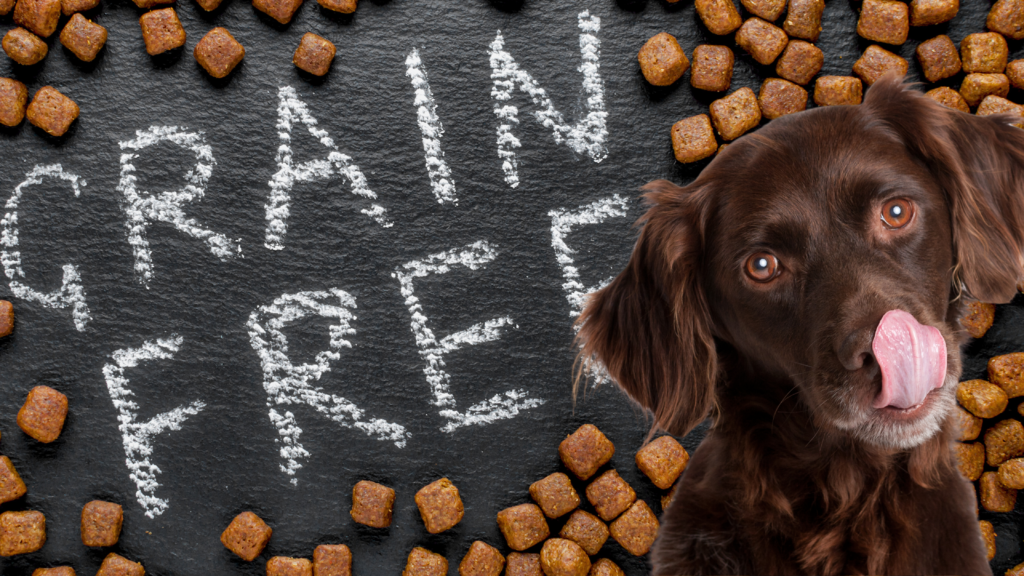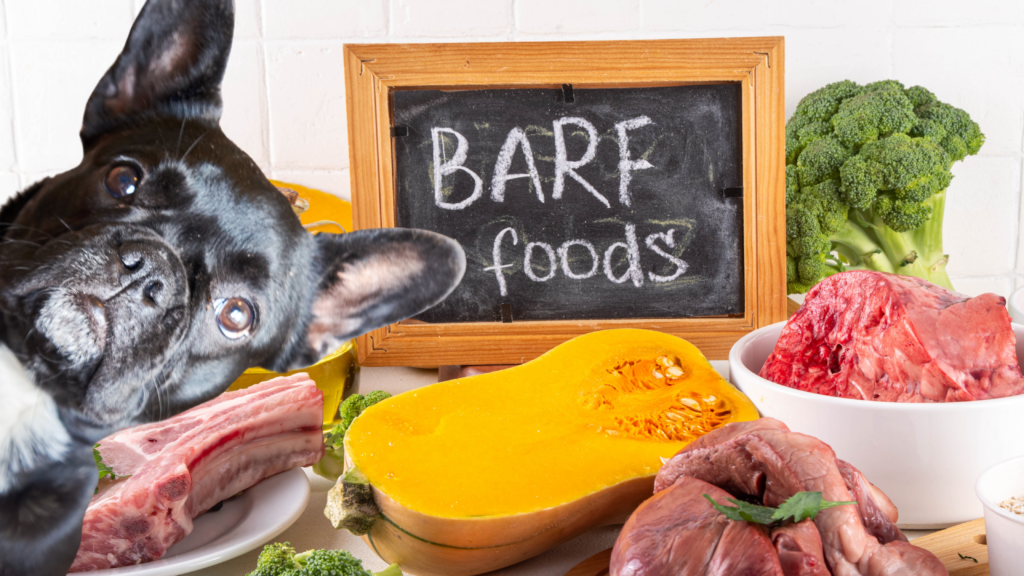In recent years, grain-free dog food has gained popularity among pet owners. However, is this trend supported by scientific evidence, or is it merely another pet food fad? This article will delve into the advantages and disadvantages of grain-free diets for dogs, including potential health risks such as taurine deficiency and dilated cardiomyopathy.
Understanding Grain-Free Diets for Dogs
Grain-free dog food, as the name suggests, is dog food that doesn’t contain grains like wheat, corn, rice, or oats. Instead, these diets typically use alternative carbohydrate sources such as potatoes, sweet potatoes, or legumes.
The Potential Benefits of Grain-Free Dog Food
Allergy Relief
Some dogs may have allergies or sensitivities to certain grains. For these pets, a grain-free diet could potentially alleviate symptoms.
Higher Protein Content
Many grain-free dog foods boast a higher protein content, which can be beneficial for active dogs or those needing to build muscle.
Improved Digestion
Some pet owners report that their dogs have better digestion on grain-free diets, possibly due to the absence of hard-to-digest grains.
The Drawbacks and Health Risks of Grain-Free Diets
Despite the perceived benefits, grain-free dog food is not without potential drawbacks:
Taurine Deficiency
One of the most significant grain-free dog food health risks is taurine deficiency. Taurine, an amino acid crucial for heart health in dogs, may be lacking in some grain-free diets.
Dilated Cardiomyopathy (DCM)
In recent years, veterinarians have observed an increase in dilated cardiomyopathy in dogs consuming grain-free diets. DCM is a serious heart condition that can be life-threatening.
Nutritional Imbalances
Without proper formulation, grain-free diets may lack essential nutrients typically provided by grains, such as fiber, vitamins, and minerals.
Higher Cost
Grain-free dog food often comes with a higher price tag compared to traditional dog food.
Is Grain-Free Food Harmful to Dogs?
The answer isn’t straightforward. While grain-free diets can be appropriate for some dogs, they’re not necessary or beneficial for all. The FDA has been investigating the potential link between grain-free diets and DCM in dogs. Although there’s no definitive conclusion yet, the association is concerning enough to warrant caution.
Choosing the Right Grain-Free Dog Food
If you’re considering a grain-free diet for your dog, keep these tips in mind:
- Consult your veterinarian before making any significant changes to your dog’s diet.
- Look for foods that meet AAFCO (Association of American Feed Control Officials) standards.
- Choose foods with high-quality protein sources listed as the first ingredients.
- Consider foods that include taurine or its precursors (like methionine and cysteine) in the ingredient list.
- Monitor your dog for any changes in health or behavior after switching diets.
The Bottom Line on Grain-Free Diets for Dogs
While grain-free dog food can be beneficial for some dogs, it’s not a universal solution. The potential risks, including taurine deficiency and dilated cardiomyopathy, should be carefully considered. Therefore, it’s crucial to consult with a veterinary nutrition expert before making significant changes to your dog’s diet.
Remember, the best dog food is one that meets your pet’s individual nutritional needs, regardless of whether it contains grains or not. Ultimately, your dog’s health and well-being should always be the top priority when choosing their diet.



